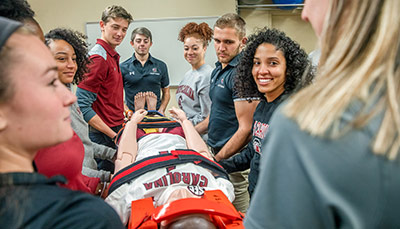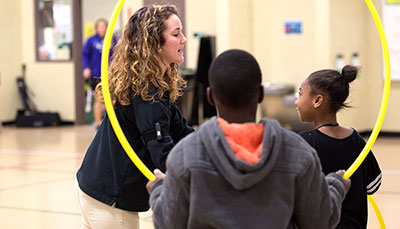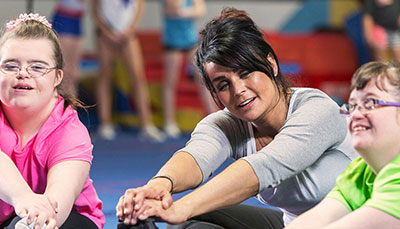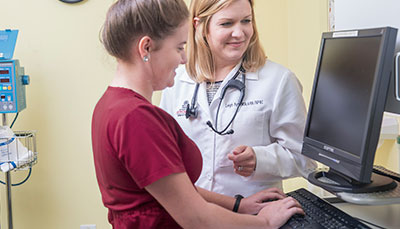Genetic Counseling, M.S.
School of Medicine Columbia
There’s never been a better time to be a genetic counselor. Opportunities abound in any number of university, hospital, laboratory, research and industry settings
With a master's in genetic counseling, you’ll be ready for the workforce and a challenging, rewarding health professional career in one of the most dynamic areas of medicine. You'll be part of the team from day one: an engaged learner in our genetics center. The world of genetic counseling will unfold for you in two very busy years.
Program Highlights
-
First in the Southeast
Study in the first program of its kind in the Southeast; it was also one of the first 10 in the nation when it began in 1985.
-
100% X3
For the last three years, our program has a 100 percent retention rate, and all of our alumni have found work upon graduation.
-
A Top Faculty and Network
You can form lifelong partnerships with our faculty members and meet genetic counselors and geneticists throughout the Southeast.
-
Local Impact
Prepare for your counseling career through real interactions and community engagement integrated into the curriculum.
Building Skills
Gain the professional and personal intelligence it takes to have a successful career.
-
Problem Solving
Identifying, analyzing and resolving problems or challenges using creative and effective strategies
Collaboration
Working with others to achieve a common goal or objective
Critical Thinking
Analyzing and evaluating information to make informed decisions or judgments
-
Communication
Exchanging information and ideas through speaking, writing or other means of expression
Innovation
Introducing new ideas, methods or products to improve performance or achieve a specific goal
Intercultural Competence
Developing the skills to communicate effectively and work collaboratively across cultures
Using your degree
Make your college experience the foundation for a successful future.
Potential Careers
- Genetic Counselor
- Researcher
- Educator
Workplace Settings
- Health Care
- Clinical Laboratory
- Education








